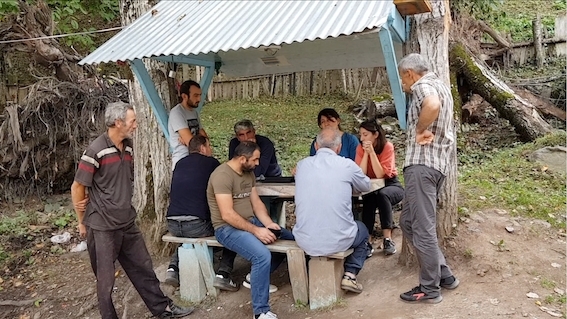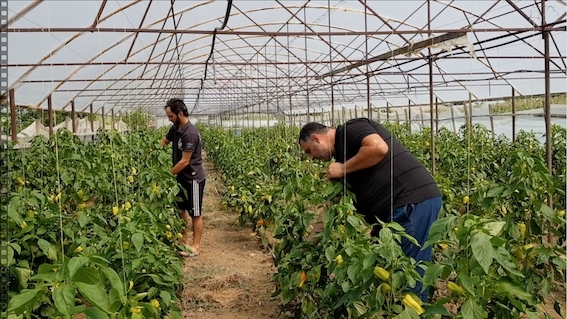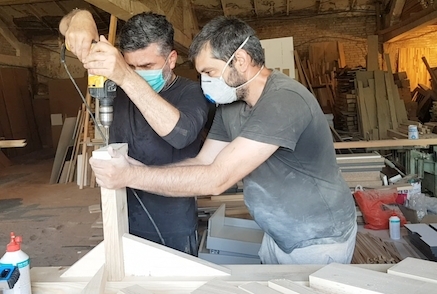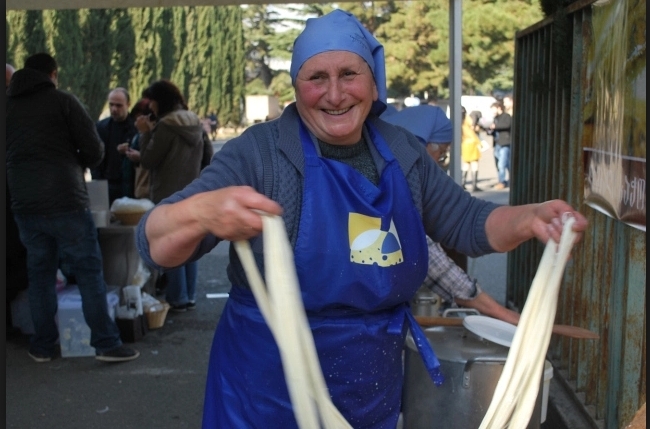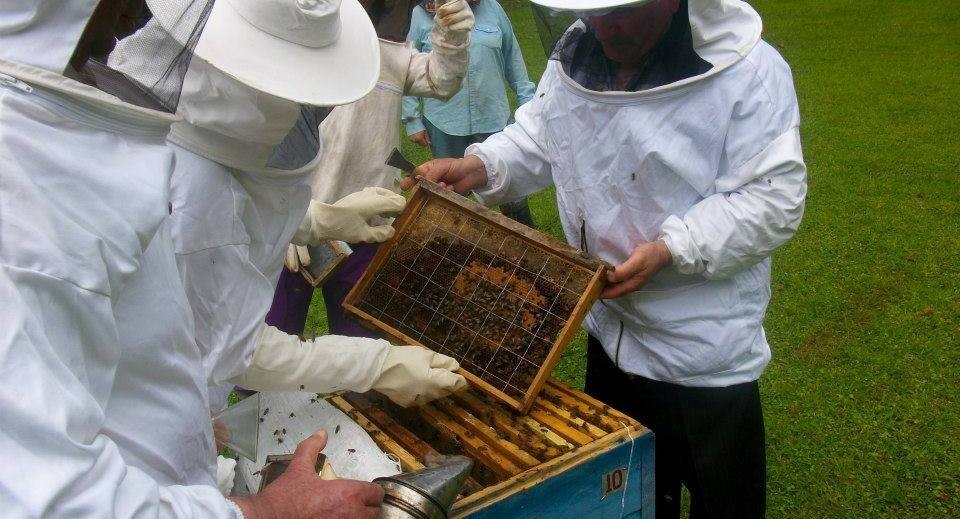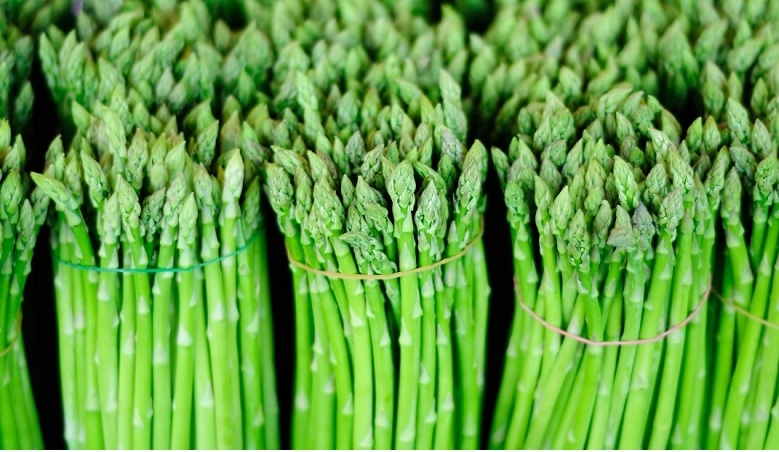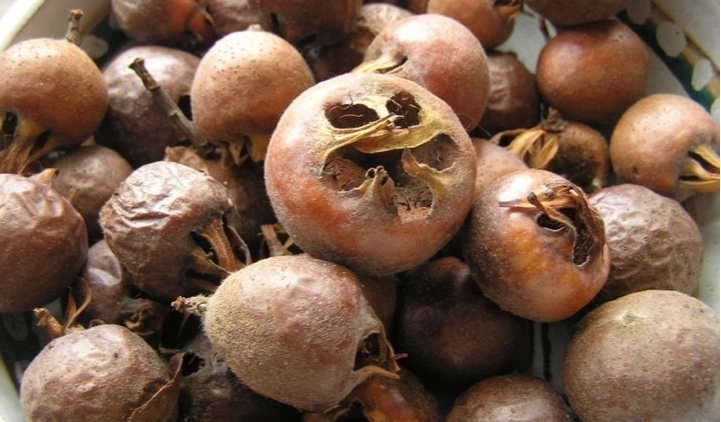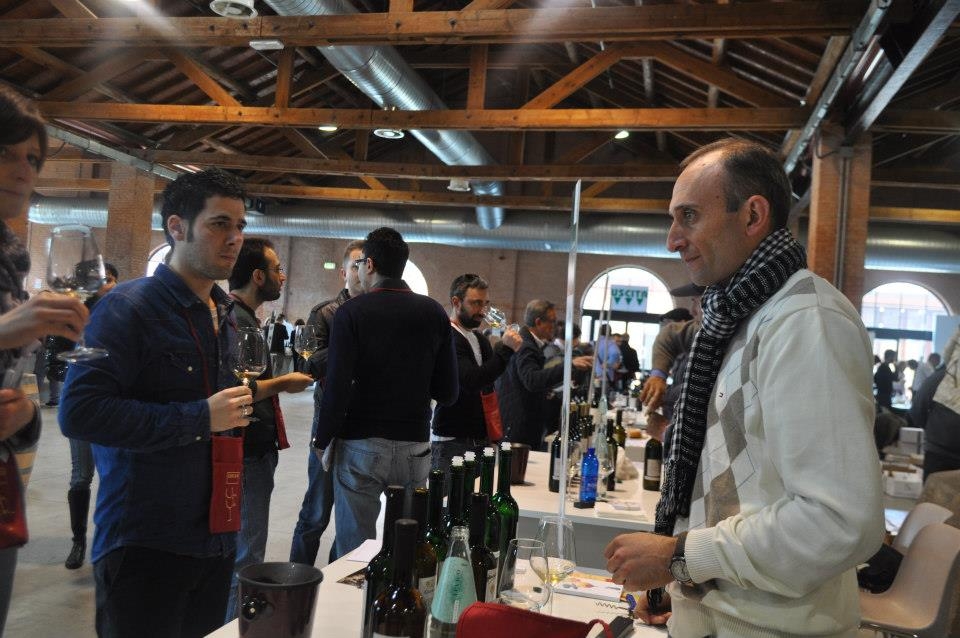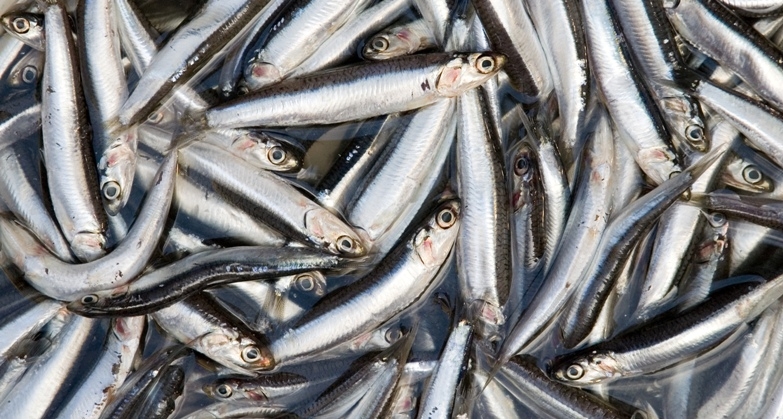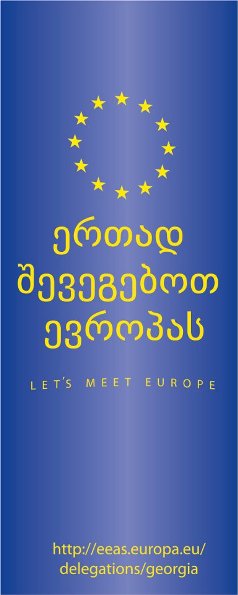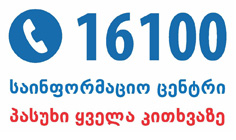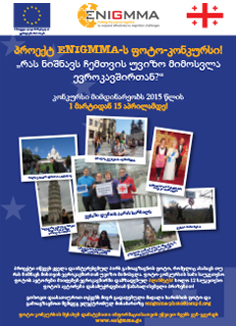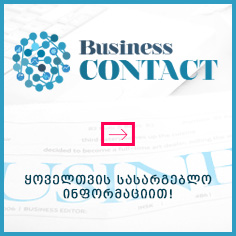The Ministry of Economy to launch negotiations with EBRD and EIB

Small and medium business representatives often fail to adapt to new regulations on their own. Several public institutions in cooperation with European financial institutions, are working on innovative ways to provide farm operators with new kinds of financial assistance. Deputy Minister of Economy and Sustainable Development Mikheil Janelidze, speaks about the ongoing and anticipated EU grant assistance in an exclusive interview with www.eugerogia.info.
Q: Are there any particular activities planned to increase access to financing for small and medium businesses?
A: The Ministry of Economy, the Ministry of Agriculture, the National Food Agency, and the Entrepreneurship Development Agency are cooperating on the development of a financial mechanism for entrepreneurs who will face new food safety requirements and technical regulations.
Q: According to the Food/Feed Safety, Veterinary and Plant Protection Policy, many enterprises are already obligated to switch over to the new regulations.
A: Yes, they are, but there is no relevant tool available at this point. Those who are in special need of reequipping their enterprises, receive recommendations from the National Food Agency. Based on these recommendations, they will be able to receive certain financial assistance from the state, be it a grant, or an affordable subsidy loan, or some other type of assistance. This is the very model we are currently developing in cooperation with both state agencies and financial institutions. We have already had a meeting with several microfinance organizations, and also plan to meet with banks. Of course we would love to meet with the EBRD and GIZ. EBRD is an EU grant program, a beneficiary of the DCFTA Facility, which is expected to be implemented in the future. The EBRD and the European Investment Bank (EIB) will allocate financial resources to commercial banks, which will in turn offer affordable loans to those in the private sector.
GIZ also has certain funds to provide the private sector with technical assistance, and we would like to engage this organization in our program.
Q: In other words, will entrepreneurs be able to obtain low interest agricultural loans, or will it be a different offer?
A: Supposedly, it will be a new product. We are talking about a grassroots idea, and we would like to formulate our position in this regard. It depends on many factors with regard to what particular form this assistance will take.
The ultimate goal will be to provide access to affordable resources for organizations in need of reequipping or adopting HACCP, for instance, so that they may meet the new requirements.
Q: How realistic is issuing grants to entrepreneurs?
A: Grant-giving is being considered as well. It will depend on the program structure itself, what kind of resources will be mobilized, and how well we implement it all.
Q: How will small and medium businesses receive assistance from ongoing EU grant programs?
A: EU assistance within the framework of the DCFTA Assistance Program for Small and Medium Businesses consists of two components.One is financial assistance, and the other is technical assistance for the private sector – especially small and medium businesses supported by the EBRD and GIZ.
Instead of reforming, we receive certain amounts in budget assistance over four years. These sums are related to both general and concrete activities. Particular reforms for individual state institutions have been defined so that they may meet new European requirements and technical regulations.
As for supporting small and medium businesses, which must be carried out with EBRD and GIZ financing, the Entrepreneurship Development Agency will be put in charge of allocating technical assistance to entrepreneurs.
Q: How exactly does the Entrepreneurship Development Agency assist entrepreneurs? What does technical assistance involve? Who are the concrete beneficiaries at this point?
A: The Entrepreneurship Development Agency can provide you with detailed information on these issues. All I can say is that this agency works in four basic directions. One is the industrial part of the Produce in Georgia program, which involves the issuance of government subsidies. The other involves subsidizing bank interests, the third direction seeks to provide 50 percent of collateral, and the fourth implies technical assistance.
As part of the technical assistance direction, the agency works with its beneficiaries on the proper development of their business plans, as well as assisting them in seeking partners and properly conducting their business activities.
Q: Does the agency employ local or foreign experts?
A: The agency uses internal resources, and also hires private companies to consult with the entrepreneurs. To assist entrepreneurs, the agency uses EBRD resources, which have the TAM (Turnaround Management Program) and BAS (Business Advisory Services) programs to finance consultative services for entrepreneurs.
Q: Aren’t these programs completed? Roman Kakulia (Head of the Department for EU Assistance Coordination) informed us that these programs have been finalized? (After the interview with Mikheil Janelidze, we returned to Roman Kakulia to double-check this information. He replied, “These programs have been completed, but the new DCFTA Facility program includes the same directions: consultations for businesspersons and activities aimed at enhancing communication between them, such as conferences, meetings, and others.).
A: As far as I know, the BAS program has not been finalized, and this is how it works. If a program participant company needs consultations, it will find a consulting company and the relevant services will be financed, which is an effective approach that benefits both parties.
Q: What criteria must entrepreneurs meet to participate in the program?
A: I do not know. I am not aware of the details, though you can receive detailed information from the Entrepreneurship Development Agency. I can speak in general terms about the ongoing programs. The Entrepreneurship Development Agency works on promoting export, and helping companies participate in exhibitions. Finding partners at several exhibitions and in the EU and other strategic markets is also planned. Within the framework of the $44.5 million program, the Entrepreneurship Development Agency is expected to support at least 150 export-oriented small and medium enterprises in Tbilisi and the regions. Business assistance and informative training courses will be provided to entrepreneurs. Accordingly, information about what has been done and by whom, and who benefited from it, will be available in the annual report. It is an obligation that, as far as I know, must be fulfilled in 2015. This process has most likely started in part, and you can turn to the Entrepreneurship Development Agency for further details. The business assistance and informative training courses will be enhanced every year, and the number of beneficiaries will increase by 30 percent.
Q: Diagonal cumulation significantly increases opportunities for Georgian export. The Association Agreement allows for the processing of Turkish raw materials in Georgia, and subsequently exporting end products as goods produced in Georgia. How will the diagonal cumulation agreement be signed with Turkey?
A: After the Association Agreement came into force, we held a meeting with Turkey in a special format we maintain, that is, the Free Trade Executive Committee. At that meeting last November, we offered the Turkish side several amendments, and, in reply, they provided us with their redacted version, which is currently considered in Georgia at the internal institutional level. Another possibility offered by the DCFTA must be used in this process, which is the Pan-Euro-Mediterranean Preferential Rules of Origin, or the so-called PEM Convention. If Georgia signs a free-trade agreement with any member state of this convention, we will also become a PEM member. Accordingly, along with other countries, cumulation will work for Georgia as well.
In September, we will launch negotiations with the EU Free Trade Association (FTA), after which joining the PEM will make sense. In addition, Turkey, Norway, Switzerland, Lichtenstein, and Iceland may join us in cumulation. Moldova is also joining the PEM Convention.
Q: Are foreign investors interested in establishing enterprises in Georgia in order to enter the EU market? As we know, Chinese investors are taking interest in this regard.
A: It does not matter who the producer is, an entrepreneur from China or Vietnam, America, Europe, Georgia, or any other country. Products made in Georgia in line with the rules of origin will enter the EU market tariff-free. Georgia is located close to the European Union, and our internal tax system is acceptable. Our investment environment is attractive for investors.
There are Chinese companies producing goods in Georgia, one operates in Kutaisi, and another is in the making by the Tbilisi Sea. There are companies, including the large investor, Hualing Group, interested in opening enterprises in Georgia.
Q: How do you plan to maintain communication to ensure that entrepreneurs fully enjoy the tangible benefits offered by the Association Agreement?
A: We have already produced a three-minute video explaining the benefits of the DCFTA and the Association Agreement. In addition, we plan to produce thematic videos showing export success stories on the EU market, and successful European investments in Georgia.
Besides, we visit Georgia’s regions, meeting with local governments and aiming to raise their awareness in this regard. We also meet with local businesses, and the academic sector. We are trying to reach local TV stations so that they may disseminate the relevant information. We have a DCFTA information portal that provides all the information about these agreements in the Georgian language. We also hold thematic meetings in Tbilisi.
Interviewed by Zurab Modebadze

